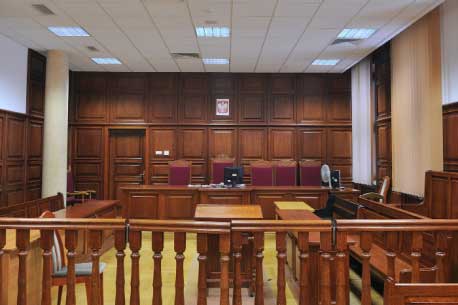In view of the aims and the entire course of the criminal procedure in a given case, a relevant final ruling is issued. Usually, the proceedings end with a court decree, but sometimes e.g. with a prosecutor's decision.
The model course of the criminal procedure is the following:
- Commencement of the preparatory proceedings.
- Preparatory proceedings, concluded with bringing the indictment to court.
- Judicial proceedings.
- Rendering of judgment by the court adjudicating in the case.
- Enforcement of the penalty imposed.
- Expungement of criminal record.
Nevertheless, the conclusion of the criminal procedure may vary significantly, depending on the results of the preparatory or judicial proceedings, especially on determination whether an offence has actually been committed, whether a perpetrator has been detained, whether relevant evidence has been gathered etc.
Furthermore, the results of the procedure can differ depending on motions filed during the procedure by the suspect and the defence counsel.
In view of these circumstances, a judgement (conviction or acquittal) rendered by the court after completion of the full judicial proceedings is only one of the many possible solutions. The proceedings can be discontinued (for various reasons: at the stage of the preparatory or judicial proceedings), they can end with a judgement issued in the circumstances of voluntary submission to penalty by the defendant, or a judgement delivered without full judicial proceedings. To sum up, the following ways of conclusion of the criminal procedure can be distinguished, in particular:
- Judgement,
- Discontinuance of the proceedings,
- Conditional discontinuance of the proceedings,
- Voluntary submission to penalt,
- Conviction without a trial,,
- Pronouncement of a sentence without hearing of evidence
- Absorption discontinuance,
- Consensual discontinuanc
Postponement of penalty
Statute of limitations
[Legal status as at July 2015]



